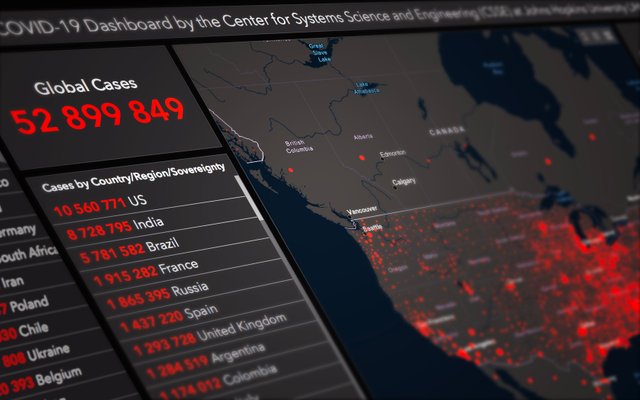
Introduction: The Shifting Landscape of Connectivity
Just close your eyes for a moment and imagine a world without the internet. For some, this might evoke nostalgic memories of a time before smartphones, instant access to information, and the constant hum of digital connection. But in today's reality, the thought of living without the internet seems like an alternate universe. From online shopping to social media, the way we interact, learn, and communicate has undergone a seismic shift. As we embrace the digital age, let's delve into the profound effects the internet is having on our brains, behaviors, and relationships.
A World of Global Connectivity
With more devices reliant on the internet, global access is expanding at an unprecedented pace. In 2016 alone, around 3.5 billion people tapped into online services, with China, India, and the US leading the pack. English emerged as the most common language used online, followed by Chinese and Spanish. The generational divide plays a significant role in shaping internet usage patterns, with Generation X adapting to the digital revolution and Millennials, raised in its midst, fully embracing an average of 185 minutes of daily mobile internet usage.
Social Media's Role in Shaping Communication
Social media and messaging apps have become integral components of modern life, altering the way we communicate. Platforms like WhatsApp, Facebook, and Twitter have connected more than a billion people globally. As a result, traditional forms of communication, such as phone calls and text messages, are waning in popularity. Furthermore, the surge in online shopping and service consumption has triggered a decline in brick-and-mortar retail, transforming the landscapes of our cities and towns.
The Brain's Evolution in the Digital Era
As the internet inundates us with information, our brains are undergoing a transformation. Millennials, exposed to a continuous stream of data, are displaying higher levels of forgetfulness compared to previous generations. This memory lapse can be attributed to the constant distractions that come with digital connectivity. Information overload and easy online access to knowledge have reshaped the way we remember and retain information. The reliance on GPS apps for navigation, for instance, has replaced our need to memorize directions.
The Dark Side of Constant Connectivity
Our smartphones, while enhancing our lives, also hold the power to cultivate distraction addiction. The frequent glances at screens to check messages and updates are fostering habits of perpetual distraction. Consequently, our ability to delve into deep, focused thinking is dwindling. Furthermore, research suggests that our cognitive control is diminishing, making it harder to guide our thoughts and prioritize essential information. The constant influx of new information is overshadowing our capacity to discern what truly matters.
Balancing the Scales of Connection
While technology is altering our cognitive landscape, it's not all bleak. Throughout history, inventions have allowed us to focus less on certain tasks, freeing up time for other pursuits. Just as washing machines reduced the time spent on laundry, the internet's swift access to information provides room for other mental processes. Yet, it's crucial to curb excessive screen time to keep our minds agile. Being mindful of the time we spend on distractions and occasionally unplugging can promote a healthier and more active brain.
Conclusion: Embracing a Balanced Digital Future
The internet has undoubtedly woven itself into the fabric of our lives, reshaping how we think, interact, and experience the world. While it ushers in remarkable conveniences and connectivity, we must remain vigilant about its impact on our cognitive abilities. As we navigate this digital age, striking a balance between the benefits of connectivity and the need for focused attention will enable us to embrace a more informed, engaged, and mindful future. So, take a moment to unplug, reflect, and find the harmony between our online and offline worlds.